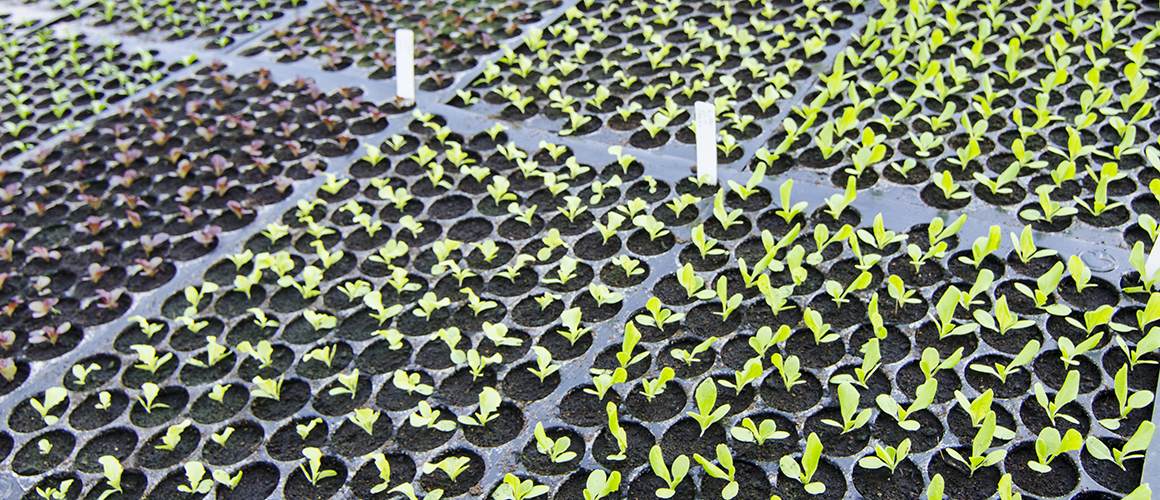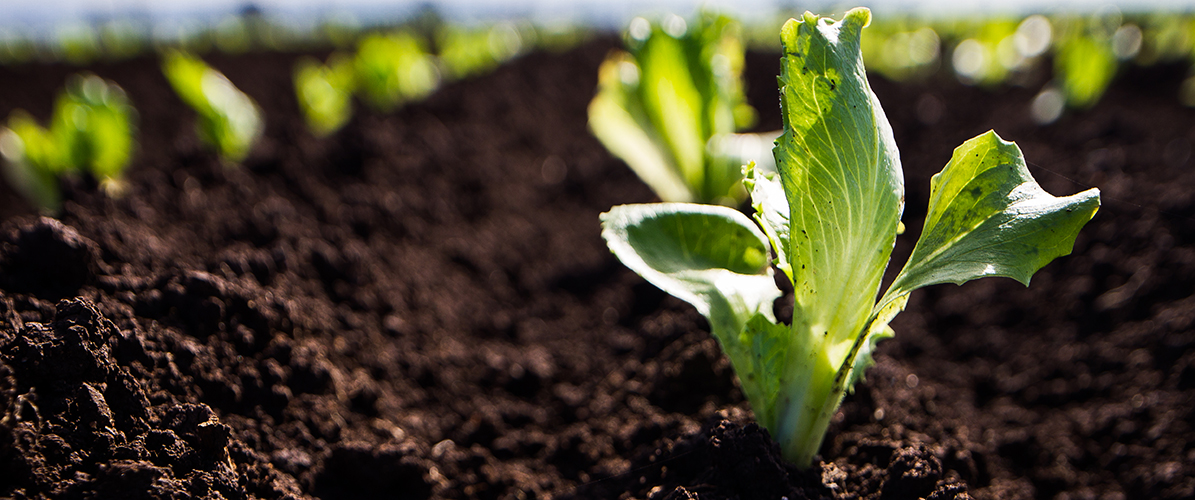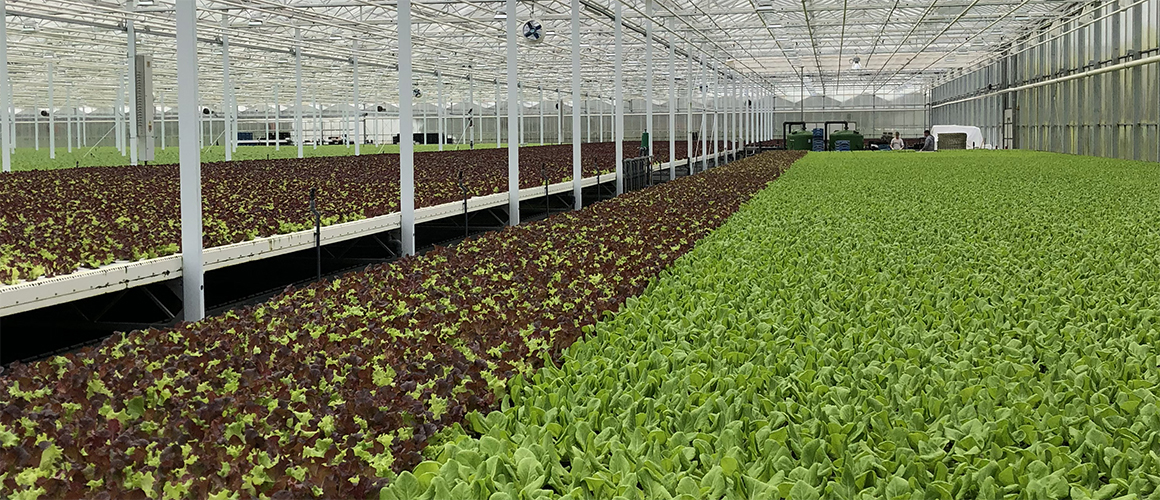
Levy-funded project analyses opportunities for better seed viability
21 May 2018
New biofumigation factsheet from the Soil Wealth project
21 May 2018Learning about international vegetable industries and understanding the practices and trends taking place overseas is a valuable way for Australian growers to gain fresh perspectives on how to tackle production challenges and meet consumer needs.
Study tours give growers first-hand experience with overseas industries, from visiting farms to seeing how retailers package and present fresh produce, that can help them learn more about our international counterparts and find new ways of thinking about their own operations.
Importantly, these study tours also help participants grow their networks in the Australian industry. Every tour brings together growers and other industry members from around the country to share knowledge, develop their leadership skills and form friendships that can help to strengthen our industry.
The latest leadership and development mission for the vegetable industry has recently returned to Australia, after the group of nine women visited industry sites throughout France, Belgium and the Netherlands.
Image gallery: 2018 women’s industry leadership and development mission to Europe
A short selection of photos from the 2018 Women’s Industry Leadership and Development Mission, visiting France, Belgium and The Netherlands.
Over the eleven days the group spent visiting industry sites, tour participants gained valuable insights into some of the key points of difference between our sector and its equivalents overseas, with a strong focus on production sites and retail outlets.
From novel business models like the Priméale grower co-op to groundbreaking production techniques like vertical farming, the women in the tour got the chance to see new ideas in action and learn more about how these concepts could potentially be applied in the Australian sector, or how they could impact our domestic production.
A healthy schedule of visits to open-air markets, supermarkets and auction houses meant that participants also experienced how the host countries handle the other end of the supply chain – such as the immense Rungis International Market, which turns over 461,000 tonnes of vegetables annually, and the REO Auction which connects producers with local and overseas supermarkets in a central location.
Full details from this tour will be available when the final report from the project is published, and we’ll be covering it in more depth in an upcoming edition of Vegetables Australia, so keep an eye out!
This post appeared in the AUSVEG Weekly Update published 22 May 2018. Subscribe to the Update using our online form to receive the latest industry news in your inbox every week!











